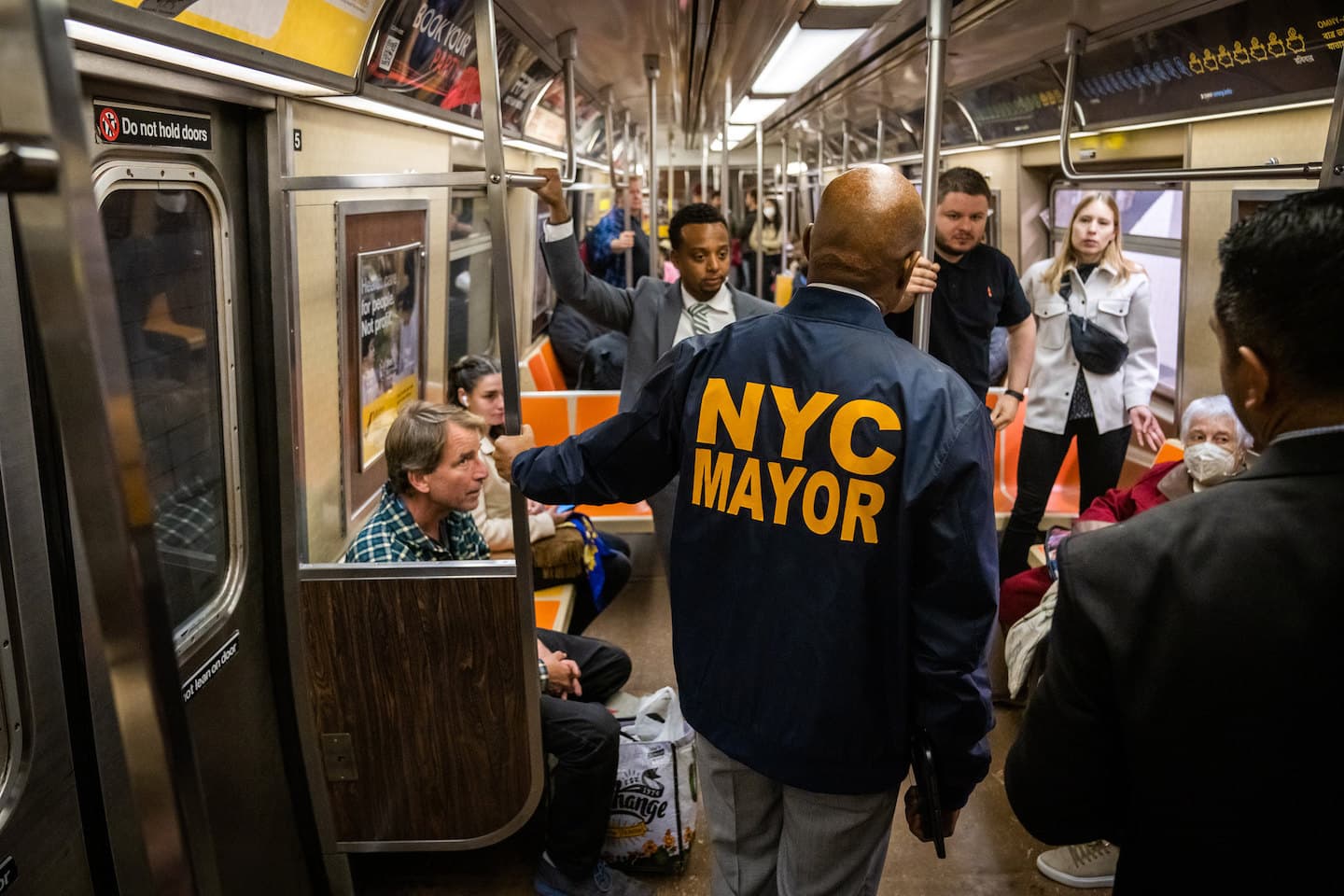NYC Public Services: Mixed Safety Data and High Private Alternatives Fuel Middle-Class Concerns

A recent social media post by "Overeducated Gibbon" has sparked discussion regarding the quality of New York City's public services, particularly public transportation and schools, and their financial implications for the middle and upper-middle classes. The tweet asserts that deficiencies in these services effectively act as an additional tax, compelling those who are "somewhat better off" to seek costly private alternatives.
"This is a subtle point, but the shittiness of NYC's (and some other cities') public services are another tax on the middle/upper middle class. If the busses are unsafe and the public schools have fistfights and poor outcomes, the somewhat better off have to pay for alternatives," stated the tweet.
Public transportation safety in New York City presents a complex picture. Governor Kathy Hochul announced in late 2024 that subway crime had reached "record lows" during the summer months, with overall transit crime down nearly 10% from the previous year and 16.8% from 2019. However, a study cited by the New York Post in April 2025 controversially labeled New York's public transit as the "most hazardous" in the U.S. between 2021 and 2023, recording 17.5 perilous incidents per 100,000 riders. Furthermore, while overall major crime in the subway was down 3% through June 2025 compared to the previous year, felony assaults saw a significant increase of nearly 66% since 2019, according to a July 2025 New York Times report.
Regarding public education, New York state holds a strong position, ranking second nationally for public education in a 2025 ConsumerAffairs report. The state demonstrates a high commitment to its students, dedicating an impressive $33,020 per K-12 student in 2022-2023, the highest expenditure among all states. Despite this significant investment and the New York City Department of Education's continuous monitoring of "Safety and School Climate" and "Instruction and Performance" through annual surveys, the ConsumerAffairs report acknowledges that quality can vary significantly between individual schools, and some may "lack safety."
The perceived shortcomings in public services, whether in transit safety or school performance, directly impact the financial decisions of many New Yorkers. For instance, the average private school tuition in New York City stands at approximately $48,321 for elementary schools and $59,103 for high schools. This substantial cost highlights the financial burden on families who opt out of public systems due to concerns about safety or educational outcomes, reinforcing the "tax" sentiment expressed in the recent tweet.